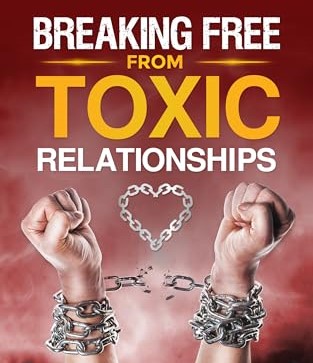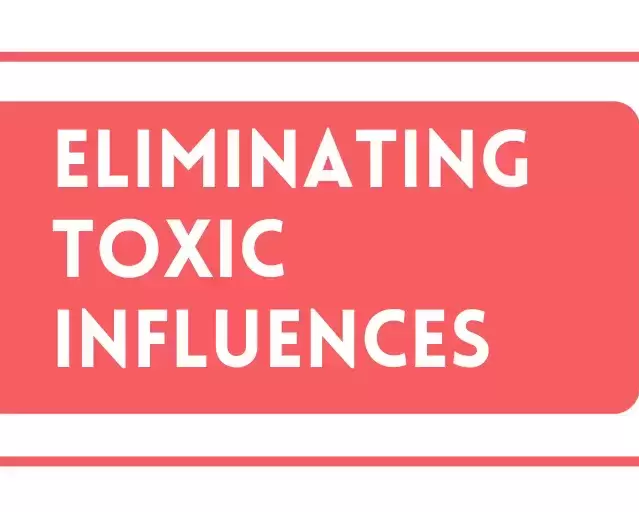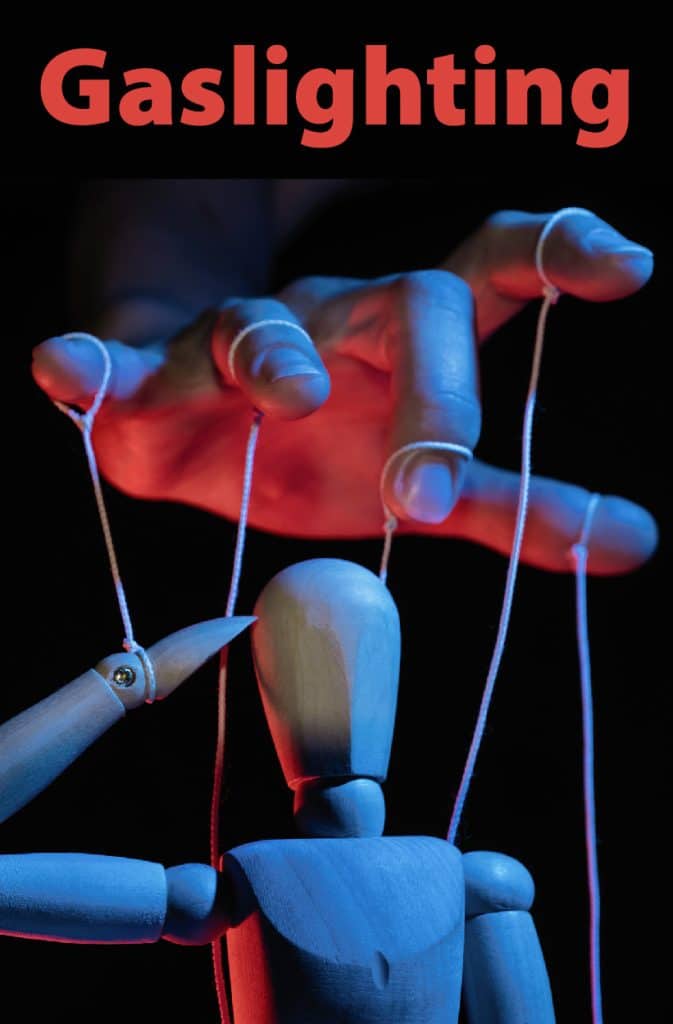Take Charge of Your Health
Health advocacy is fundamentally about taking charge of your own well-being and becoming an active participant in the decisions that shape your health. While healthcare professionals play an essential role, no one understands your body, your symptoms, or your daily experiences better than you do. That’s why being proactive—whether you’re managing a chronic condition, navigating … Read more









